News
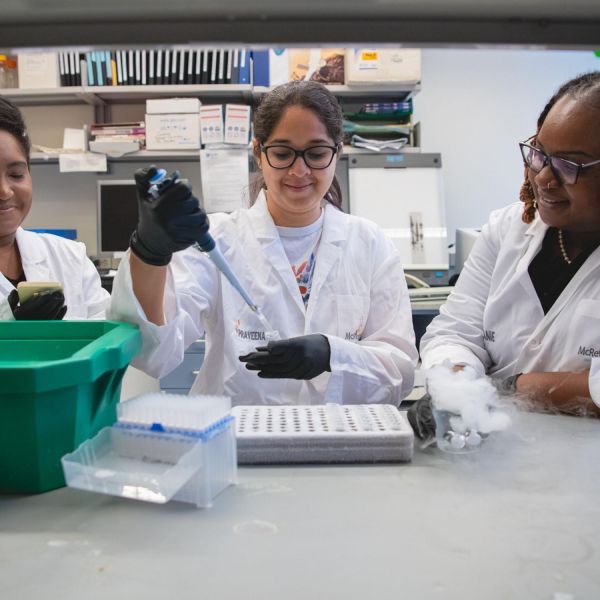
Aug 22, 2024
Cancer drug could treat early-stage Alzheimer’s disease, study shows
A type of drug developed for treating cancer holds promise as a new treatment for neurodegenerative diseases such as Alzheimer’s, according to a recent study by researchers at Penn State, Stanford University and an international team of collaborators.
Full Article
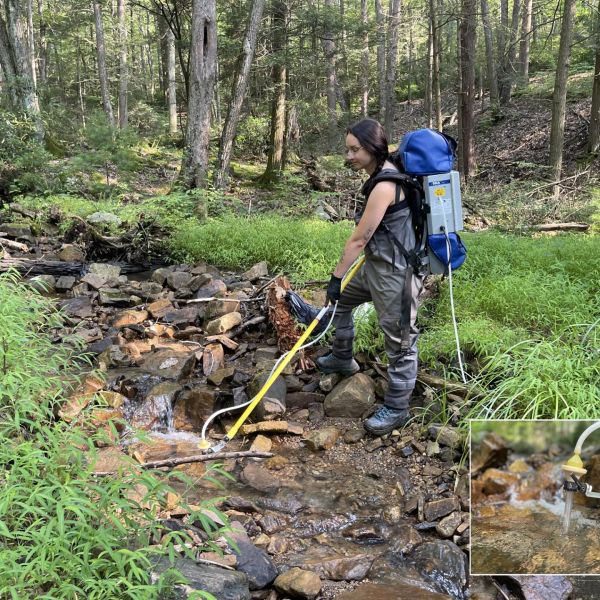
Aug 22, 2024
NSF grant to fund novel study of environmental DNA fate in streams
The U.S. National Science Foundation awarded Assistant Professor of Aquatic Ecology Daniel Allen and his team a grant to support a project focused on analyzing how environmental DNA moves and in streams across the continent.
Full Article
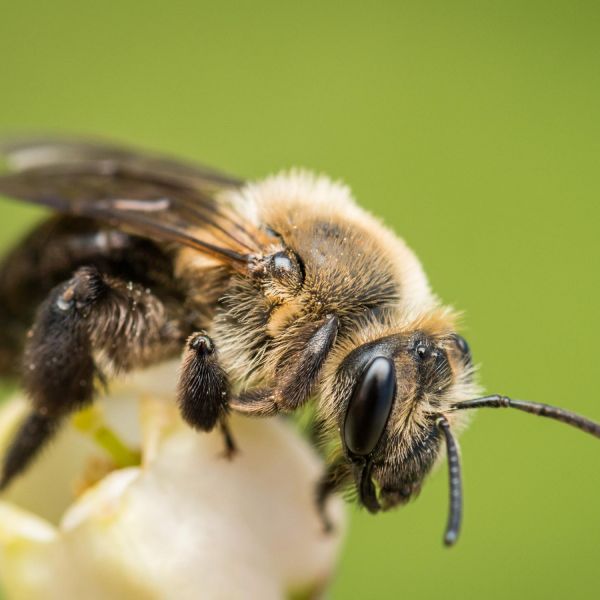
Aug 22, 2024
Volunteers record bee biodiversity and discover new species in Pennsylvania
A new study, recently published in the Annals of the Entomological Society of America, evaluated the efficacy of a monitoring program, finding that 26 trained program volunteers were more than twice as effective at documenting bee diversity than thousands of users of the photo-based app iNaturalist.
Full Article
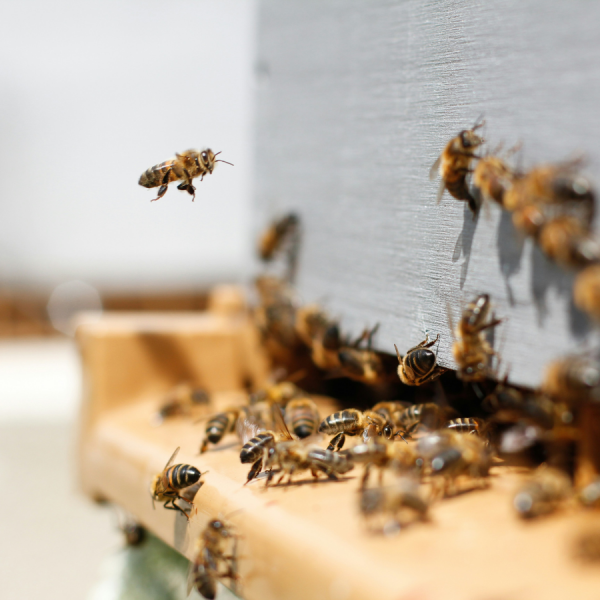
Aug 21, 2024
Honey bees may play role in spreading viruses to wild bumble bees
Honey bees may play a role in increasing virus levels in wild bumble bees each spring, according to researchers at Penn State who analyzed seasonal trends of parasite and virus transmission in bees.
Full Article

Aug 19, 2024
Penn State students awarded USDA pre-doctoral fellowships for research
A Plant Biology trainee was among the ten Penn State graduate students awarded predoctoral fellowships by the U.S. Department of Agriculture's National Institute of Food and Agriculture
Full Article

Aug 15, 2024
Penn State awards five new seed grants to support inter-institutional research
Five new research collaborations between Penn State and minority-serving institutions selected to receive seed funding via the Inter-Institutional Partnerships for Diversifying Research program.
Full Article
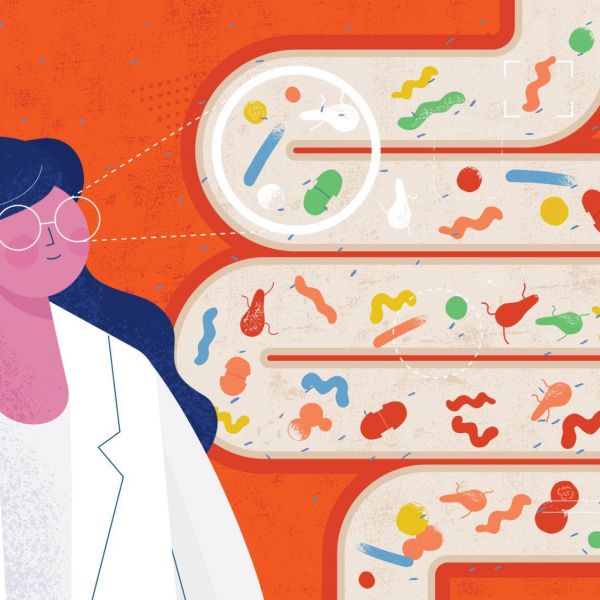
Aug 14, 2024
Early life exposure to common chemical permanently disrupts gut microbiome
Early life exposure to "forever chemicals" in the environment permanently disrupts the gut microbiome in mice, contributing to the development of metabolic disease in later life, according to a new study led by Penn State researchers. The results suggest that human exposure to these chemicals during early childhood may be contributing to the recent epidemic of metabolic disorders, including obesity and Type 2 diabetes among adults.
Full Article

Aug 13, 2024
Less sleep and later bedtime in childhood linked to future substance use
A good night’s sleep is essential for children’s health and development, but childhood sleep patterns may also be linked to future substance use. A new study led by a team of Penn State researchers found that adolescents were more likely to have consumed alcohol or tried marijuana by age 15 if they went to bed later and slept fewer hours during childhood and adolescence.
Full Article
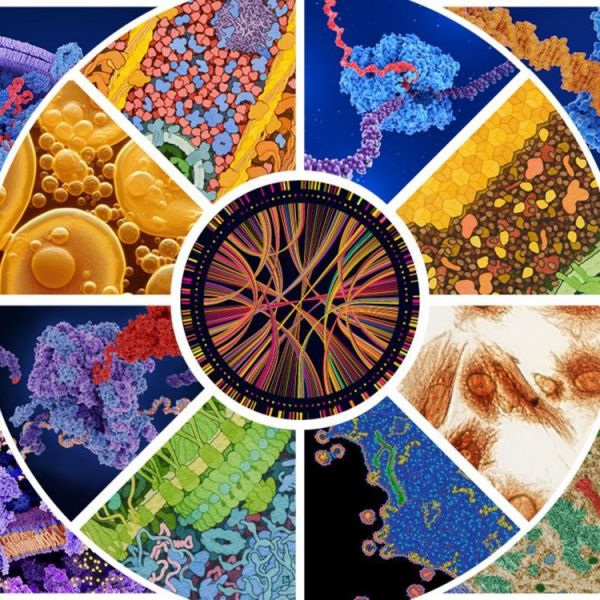
Aug 13, 2024
NCEMS aims to ‘build a nationwide community' and address research barriers
The U.S. National Science Foundation (NSF) National Synthesis Center for Emergence in the Molecular and Cellular Sciences (NCEMS) at Penn State “will “bring scientists together from different disciplines to integrate diverse data sets to answer transformative scientific questions,” according to Justin Petucci, associate director of NCEMS and Research Innovations with Scientists and Engineers' (RISE) artificial intelligence and machine learning team lead.
Full Article
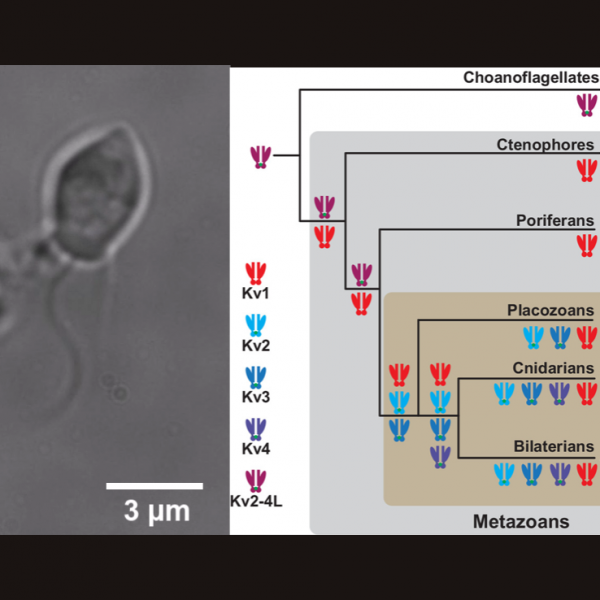
Aug 12, 2024
Rewriting the evolutionary history of critical components of the nervous system
A new study has rewritten the conventionally understood evolutionary history of certain proteins critical for electrical signaling in the nervous system. The study, led by Penn State researchers, shows that the well-studied family of proteins — potassium ion channels in the Shaker family — were present in microscopic single cell organisms well before the common ancestor of all animals.
Full Article